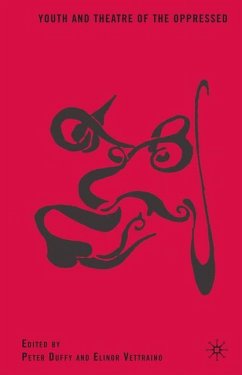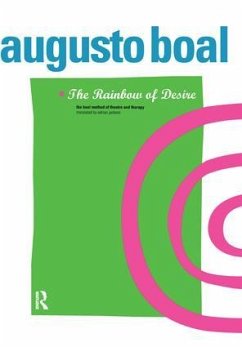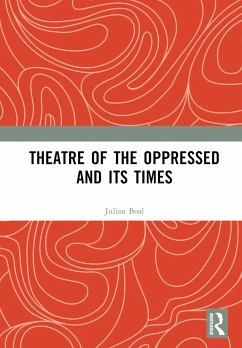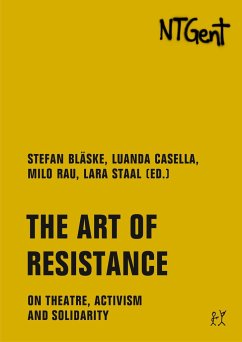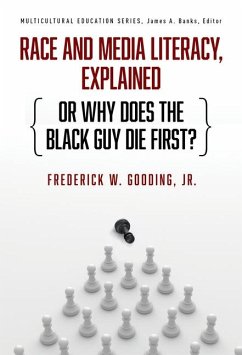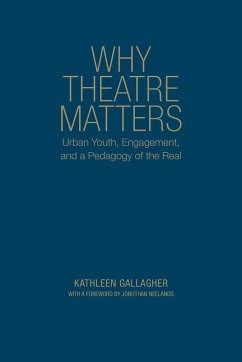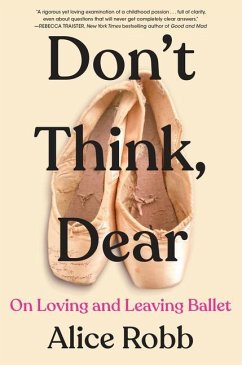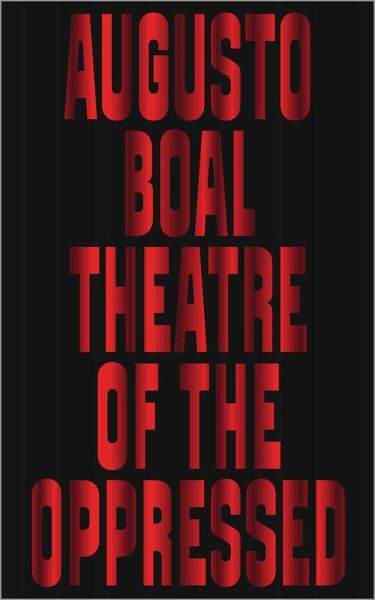
Augusto Boal
Broschiertes Buch
Theatre of the Oppressed
Versandkostenfrei!
Versandfertig in 2-4 Wochen
Weitere Ausgaben:

PAYBACK Punkte
14 °P sammeln!




The book that started a revolution in modern theatre.
Augusto Boal (1931-2009) was a Brazilian theatre practitioner, drama theorist and political activist. He is the author of Theatre of the Oppressed (Pluto Press, 2019).
Produktdetails
- Verlag: Pluto Press
- Seitenzahl: 208
- Erscheinungstermin: 20. März 2019
- Englisch
- Abmessung: 215mm x 134mm x 20mm
- Gewicht: 263g
- ISBN-13: 9780745339290
- ISBN-10: 0745339298
- Artikelnr.: 54644676
Herstellerkennzeichnung
Libri GmbH
Europaallee 1
36244 Bad Hersfeld
gpsr@libri.de
Für dieses Produkt wurde noch keine Bewertung abgegeben. Wir würden uns sehr freuen, wenn du die erste Bewertung schreibst!
Eine Bewertung schreiben
Eine Bewertung schreiben
Andere Kunden interessierten sich für


